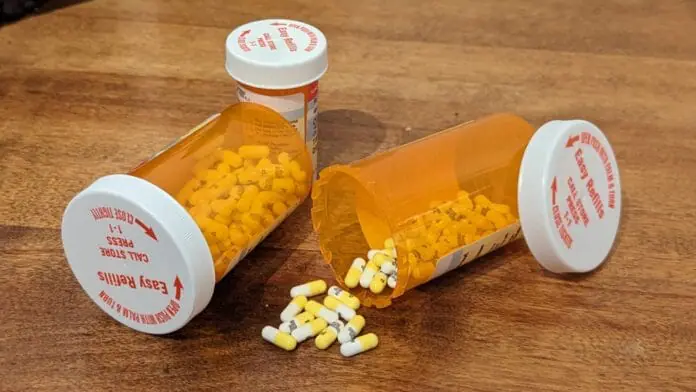Medicare in Canada claims to ensure that all Canadians have “reasonable” access to healthcare. But this is not the case.
You need to buy medication for yourself, but you don’t have health insurance. If you buy the medication, you won’t have enough money for food. Or maybe you won’t have enough money to pay your bills. Which one would you choose? This is a decision that Canadians are having to make more and more often.
Studies show that the economy would save billions by implementing universal pharmacare for Canadians. The Canadian government is moving slowly to implement it. Canada is known to have free healthcare, yet its citizens have to choose between paying bills or taking their medication. One in 10 Canadians report not keeping up with their prescription medications due to cost.
The Liberal government promised steps toward universal Pharmacare in 2019 election
This was pre-pandemic. Universal pharmacare became even more crucial to Canadians with the rise of the COVID-19 pandemic. Almost one in five Canadians reported that the COVID-19 pandemic affected their health insurance.
Although several measures, such as providing credits and grants, were implemented during the COVID-19 outbreak to mitigate the negative impacts of the pandemic on health insurance, there appears to be no rush to implement strategies to support these findings.
In 2022, the Liberal government announced plans to pass a universal pharmacare act by the end of 2023.
The NDP has been supporting the minority Liberal government with the confidence and supply deal, which includes the universal pharmacare bill. The NDP have been vocal that if the Liberal government fails to introduce the bill, they will make it one of their central issues during the next election. NDP Leader Jagmeet Singh spoke in November 2023, stating that the Liberals are trying to appease the big pharmaceutical industry, while the NDP is more focused on Canadians being able to afford their medications.
The cost of living continues to rise throughout Canada
Not only did we see job loss thanks to the pandemic itself, but we also saw job loss due to medical concerns from contracting COVID-19. Up to 50 per cent of people who have contracted COVID-19 experience long COVID. People are reporting their continued experiences of long COVID 2-3 years after infection. It is believed that the increase of people who are out of the workforce due to illness is likely in correlation with the number of people being impacted by long COVID. A loss of employment means a loss of health insurance, which leaves more vulnerable Canadians unable to pay for their prescriptions.
Some provinces have taken matters into their own hands and slowly began rolling out coverage for specific medications. In April, British Columbia started to offer universal coverage for prescription contraceptives. The province has estimated that this could save people up to $10,000 in their lifetime. The Access Nova Scotia coalition is currently advocating for universal contraception coverage province-wide.
Universal Pharmacare regardless of their home province
Canadians are proud to have free healthcare, yet Pharmacare is currently omitted. Canada is the only country with a universal healthcare system that doesn’t provide free pharmaceuticals to their citizens. It shouldn’t matter the person’s financial situation, nor should it matter whether they are employed. Pharmacare is a basic need.


Recent Comments